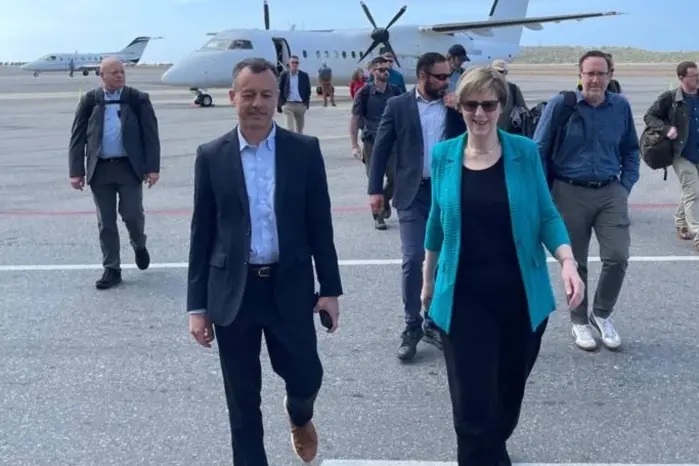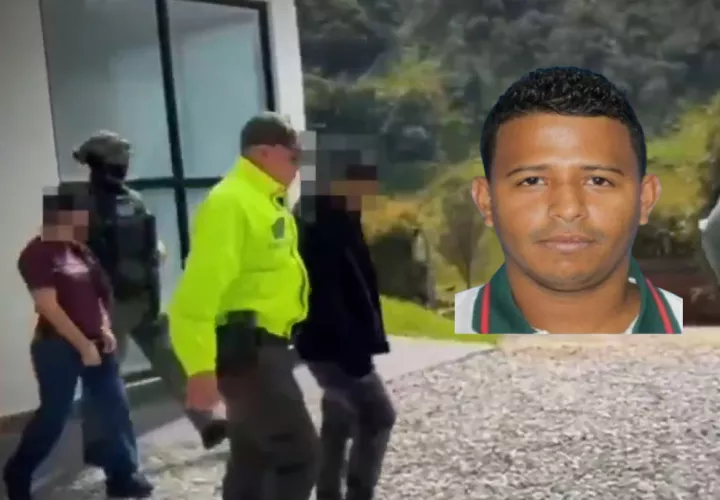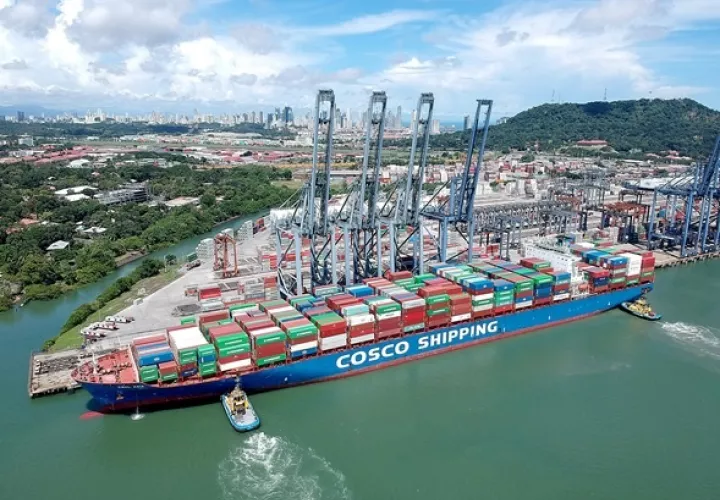Boeing and Canada develop novel test plan for grounded Max 737

ranaport Canada is testing this week the grounded Boeing 737 Max and has
worked out a novel way to skirt closed borders so that the Canadian aviation regulator can run its own tests of revamped flight-control software
Transport Canada is one of many aviation regulators around the world who need to approve the return of the aircraft after it had been pulled from commercial service more than a year ago after a flight control issue on the new jet caused two fatal crashes.
In a break with custom prompted by the coronavirus pandemic, Boeing will fly a Max over the border to Metro Vancouver rather than basing all the test activity in Seattle. Flight testing will take place in U.S. airspace, with the aircraft then returning to British Columbia to drop off Transport Canada experts, the regulator said in an email Friday.
“Mitigation measures due to COVID-19 have been established for the validation activities, including flight tests to ensure the health and safety of Transport Canada employees,” said Sau Sau Liu, a communications adviser to Transport Canada.
The Canadian agency’s several days of test flights will be the first by an international regulator after the U.S. Federal Aviation Administration put the Max through days of rigorous testing earlier this summer.
Travel restrictions have complicated Boeing’s efforts to work with regulators at home and abroad to certify the Max to resume commercial service. The aircraft was grounded worldwide in March 2019 after two deadly crashes killed 346 people.
Transport Canada employees will also be flown to Seattle to conduct separate evaluations on a Boeing-run engineering simulator and then back to Vancouver. The agency is conducting the tests after completing its review of data from the FAA flights.
Boeing completed its first round of certification test flights, which were conducted with U.S. regulators, on July 1. Because the plane is built in the U.S., the FAA is taking the lead on certifying the plane.
After reviewing the results of the flights and Boeing’s detailed plan for revising systems on the plane, the FAA on Aug. 3 said it has tentatively approved the fixes. The public was given 45 days to comment on the proposed changes, meaning the agency could sign off on the return sometime in the fall.
In addition to changes to the plane’s computer systems and wiring, the FAA and regulators in other nations are also in the process of reviewing revisions to pilot training programs for the plane.
The FAA “continues to review Boeing’s proposed changes as part of the ongoing certification work,” according to a statement by the U.S. agency.





